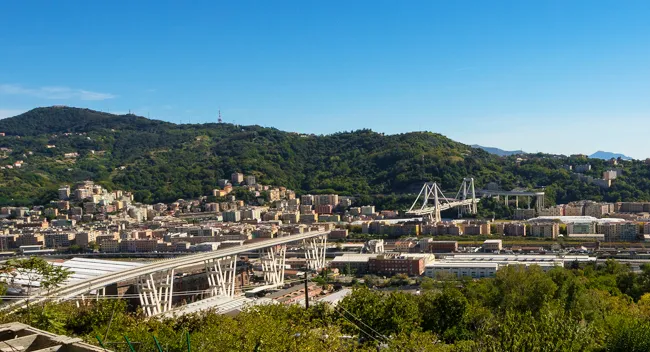A legal dispute has arisen regarding some of the materials testing processes carried out for the landmark Hong Kong-Zhuhai-Macau Bridge project.
The argument is focusing on whether or not 12 technicians manipulated the results of testing concrete samples taken from the bridge during construction. It is alleged that managers of the test facility told the technicians to change the time settings on the equipment carrying out the tests, due to samples not being tested within the eight hour time period required.
There are also allegations that some of the test samples did not perform to the specifications of the project and that these results were also manipulated. The tests being investigated were carried out between 2012 and 2017 as the bridge was being built.
The
Legal case underway over materials testing for Chinese bridge
A legal dispute has arisen regarding some of the materials testing processes carried out for the landmark Hong Kong-Zhuhai-Macau Bridge project.
The argument is focusing on whether or not 12 technicians manipulated the results of testing concrete samples taken from the bridge during construction. It is alleged that managers of the test facility told the technicians to change the time settings on the equipment carrying out the tests, due to samples not being tested within the eight hour time period require
January 11, 2019
Read time: 2 mins








